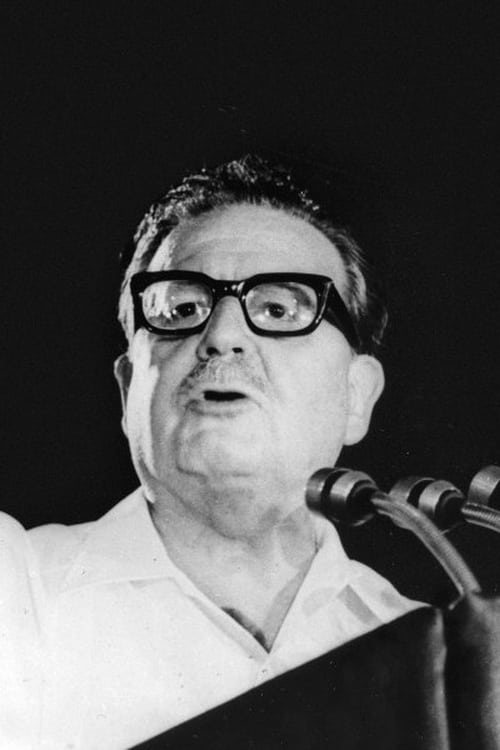Pinochet (2012)
Genre : Documentary
Runtime : 2H 0M
Director : Ignacio Zegers B.
Synopsis
Documental about the Second Independence of Chile. Images and videos from the period before and after September 11th, 1973

This is the story of a teenager at the turn of the century in the conservative higher classes of Chile and the initiation rites in his society.
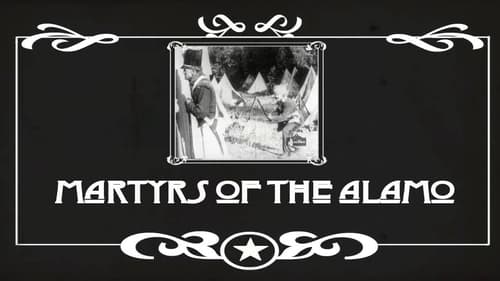
The story of the defense of the mission-turned-fortress by 185 Texans against an overwhelming Mexican army in 1836.

Patty Sullivan (Erica Eleniak) is a battered woman who decides to take charge of her life by taking boxing lessons to better protect herself when her boyfriend becomes violent. Patty soon learns she has some talent for boxing and sets her sights on competing in a professional fight. More is on the line than just the woman's title.
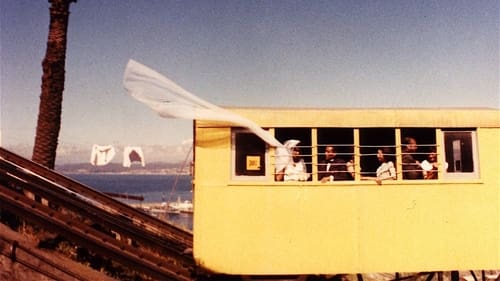
In 1962 Joris Ivens was invited to Chile for teaching and filmmaking. Together with students he made …À Valparaiso, one of his most poetic films. Contrasting the prestigious history of the seaport with the present the film sketches a portrait of the city, built on 42 hills, with its wealth and poverty, its daily life on the streets, the stairs, the rack railways and in the bars. Although the port has lost its importance, the rich past is still present in the impoverished city. The film echoes this ambiguous situation in its dialectical poetic style, interweaving the daily life reality (of 1963) with the history of the city and changing from black and white to colour, finally leaving us with hopeful perspective for the children who are playing on the stairs and hills of this beautiful town.
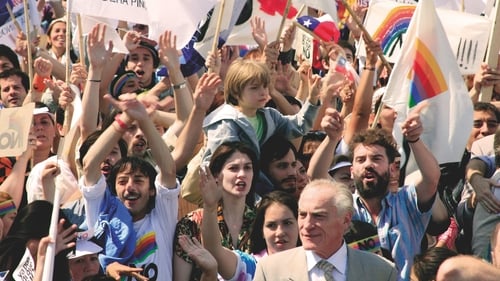
In 1988, Chilean military dictator Augusto Pinochet, due to international pressure, is forced to call a plebiscite on his presidency. The country will vote ‘Yes’ or ‘No’ to Pinochet extending his rule for another eight years. Opposition leaders for the ‘No’ vote persuade a brash young advertising executive, René Saavedra, to spearhead their campaign. Against all odds, with scant resources and while under scrutiny by the despot’s minions, Saavedra and his team devise an audacious plan to win the election and set Chile free.

Bolívar was instrumental in Latin America’s struggle for independence from the Spanish Empire, and is today considered one of the most influential politicians and emancipators in American history. Libertador is told from the viewpoint of Bolívar, portrayed by Ramírez, about his quests and epic military campaigns, which covered twice the territory Alexander the Great conquered, and his vision to unify South America.

Thomas Sankara, former president of Burkina Faso, was known as "the African Che", and became famous in Africa due to his innovative ideas, his devastating humor, his spirit and his altruism. More than a classic biography, this film sheds light on the impact that this man and his politic made on Burkina Faso and Africa in general.

Two weeks after the bombing of Hiroshima and Nagasaki, in August 1945, Indonesian Independence leaders proclaimed “Indonesia Merdeka!” ‘Freedom for Indonesia’ and an end to Dutch colonial rule over the Netherlands East Indies. Internationally renowned Dutch filmmaker Joris Ivens, in Australia as Film Commissioner for the Netherlands East Indies government in exile, resigned his position in protest against Dutch policy, which sought to re-impose its colonial rule. In collaboration with Indonesian activists, Chinese, Indian and Australian trade unionists, and local artists and filmmakers, Ivens made Indonesia Calling, a film documenting the crucial role of Australian trade union support in the establishment of the new Republic of Indonesia. Ivens’ film was an activist documentary; it actively contributed to the events it depicted. All those who worked on it became ‘adversely known’ to the security services.
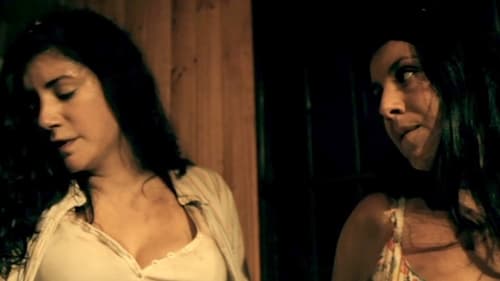
The story of two sisters who have been raised in isolation, subjected to the torment of their abusive, drug dealing father. When they finally decide to report him to the police, he kills the two officers and is put in jail. But things go from bad to worse when the girls must answer to their Uncle Costello, a psychotic drug kingpin, who shows up looking for his missing merchandise which is hidden in the woods.

The chronicle of the political tension in Chile in 1973 and of the violent counter revolution against the democratically elected government of Salvador Allende.

Mauro, Noel and Broco have been an inseparable group of friends since grade school. All grown up, their lives are not what they hoped they would be. Life has become so routine that they do nothing more than wait for the weekends to drink themselves into oblivion. One night, a chance encounter leads the group on a wild and deadly chase from Santiago's most dangerous crime boss... Forced to make increasingly risky decisions, their frantic, adrenaline fueled desperation brings them closer to a violent, life-changing end where the friendship will be changed forever.

Thirteen-year old Luchito lives in a working class complex of blocks in Santiago, Chile. He is obsessed with Manuel, a sixteen-year old who lives in the building across from him.
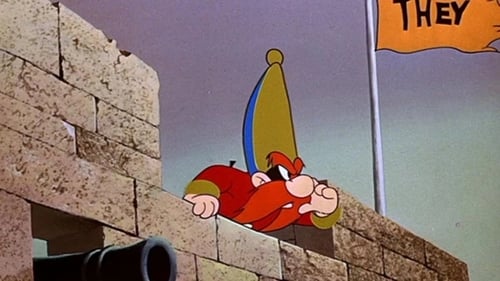
Sam Von Schamm The Hessian and Bugs Bunny fight it out in the little known American Revolutionary War Battle of Bagel Heights.
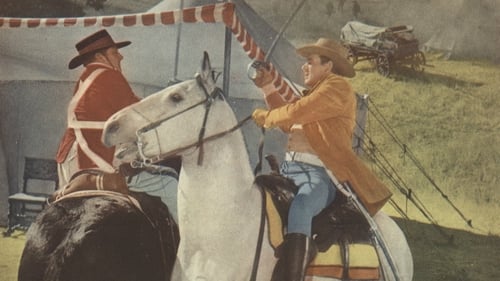
After arriving in Texas to escape a scandal back east, lawyer Sam Houston just wants to hang out his shingle, keep a low profile, and stay out of any political intrigue. However, when President Jackson personally orders him to lead the fight for Texan independence, he overcomes his reluctance to become involved and leads his compatriots to a string of victories over the Mexican army.

Emotionally scarred by a string of unsuccessful relationships, artist Marilyn Ross has her guard up when it comes to men. While she's reluctant to embark on a new romance, she also can't deny the attraction she feels upon meeting recent divorcee Rodney Porter. As sparks fly and Marilyn finds herself experiencing sexual bliss, she also feels conflicted about giving up her hard-won independence. Does finding the perfect man also mean relinquishing one's self-respect?

In 1750, in the glare of the Caribbean, the man who created history known as the forerunner of independence in Venezuela. His name is Francisco de Miranda and, to be exact, is the largest globetrotter who has known the Americas, Miranda has a reputation as an inveterate wanderer, an eternal conspirator, a turncoat, a conqueror of nobles and courtiers, a lover of asylums, libraries, prisons and brothels, has written 63 volumes of his autobiography, a friend of princes, military and world-renowned artists, collector of women and unthinkable dreams, restless fugitive, owner of ten different names, and presented by the British press the moment as the future liberator of Spanish America.
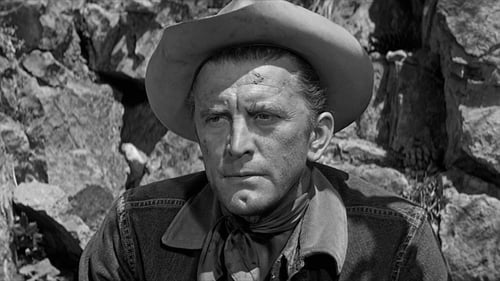
A fiercely independent cowboy arranges to have himself locked up in jail in order to then escape with an old friend who has been sentenced to the penitentiary.

Most people don't think about singing when they think about revolutions. But song was the weapon of choice when, between 1986 and 1991, Estonians sought to free themselves from decades of Soviet occupation. During those years, hundreds of thousands gathered in public to sing forbidden patriotic songs and to rally for independence. "The young people, without any political party, and without any politicians, just came together ... not only tens of thousands but hundreds of thousands ... to gather and to sing and to give this nation a new spirit," remarks Mart Laar, a Singing Revolution leader featured in the film and the first post-Soviet Prime Minister of Estonia. "This was the idea of the Singing Revolution." James Tusty and Maureen Castle Tusty's "The Singing Revolution" tells the moving story of how the Estonian people peacefully regained their freedom--and helped topple an empire along the way.

Instrument is a documentary film directed by Jem Cohen about the band Fugazi. Cohen's relationship with band member Ian MacKaye extends back to the 1970s when the two met in high school in Washington, D.C.. The film takes its title from the Fugazi song of the same name, from their 1993 album, In on the Kill Taker. Editing of the film was done by both Cohen and the members of the band over the course of five years. It was shot from 1987 through 1998 on super 8, 16mm and video and is composed mainly of footage of concerts, interviews with the band members, practices, tours and time spent in the studio recording their 1995 album, Red Medicine. The film also includes portraits of fans as well as interviews with them at various Fugazi shows around the United States throughout the years.
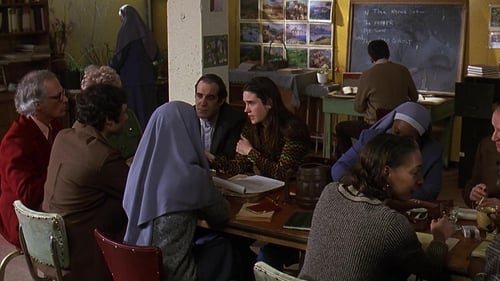
A congressional candidate questions his sanity after seeing the love of his life, presumed dead, suddenly emerge.

